Nancy West sent me a great review of an essay collection called The Honeymoon’s Over: True Stories of Love, Marriage and Divorce, edited by Andrea Chapin and Sally Wofford-Girand. Thanks for the review, Nancy – looks like a great read.
Marriage is a challenge. No surprise there, at least not to anyone who is or ever has been married. But love is like money: you seldom really know exactly how it’s working within anyone else’s four walls.
The Honeymoon’s Over is a collection of essays about difficult times in the context of marriage. Some of the essayists are well-known names – Joyce Maynard, Ann Hood, Terry McMillan – and others were new to me – but all of them have interesting stories to tell. There are so many things that interfere with the anticipated joys of marriage, and this collection seems to touch on all of them. Addiction. Jealousy. Infidelity. Sexual preference. Financial strain. Abuse. And in the situations that are perhaps least spoken of even among friends, there is the simple reality that even without any of these capital-letter problems, it can be hard – maybe even counterintuitive – to honor a legal contract promising to love someone forever.
One of the essays I found most gripping was by Isabel Rose, an actress and screenwriter, about her seemingly perfect marriage with a seemingly ideal mate. For no distinct reason, they just couldn’t find happiness together due to a buildup of small disagreements over things like whether to go hiking in a rainstorm. Pamela Bol Riess writes about her husband’s mental illness and the challenges it posed for her. Debra Magpie Earling describes the emotional aftermath of her ex-husband’s suicide. Terry McMillan, whose story is already well known by fans of her novels, finds an unusual format in which to explore the feelings generated when her husband leaves her for a man (and then talks about it on Oprah). Andrea Chapin, one of the anthology’s editors, writes about how difficult it is for her to accept that her husband will always prioritize artistic creativity over financial stability.
Needless to say, Tolstoy’s cliché about happy families being alike comes to mind. Each unhappy marriage suffers under its own unique set of challenges, universal as they may ultimately be. This is a collection about how a set of writers perceives and copes with those challenges, each in her own way. For some of them, the marriages end; others are able to overcome their problems. With their complete candor, they have given readers a rare opportunity to learn what goes on within someone else’s four walls.



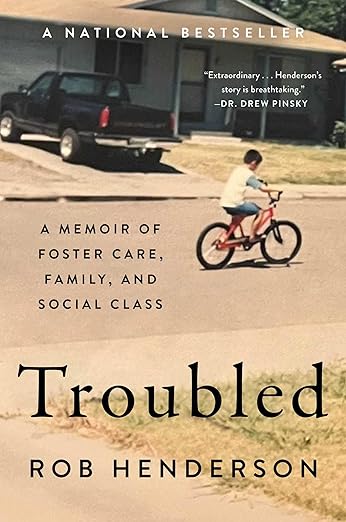
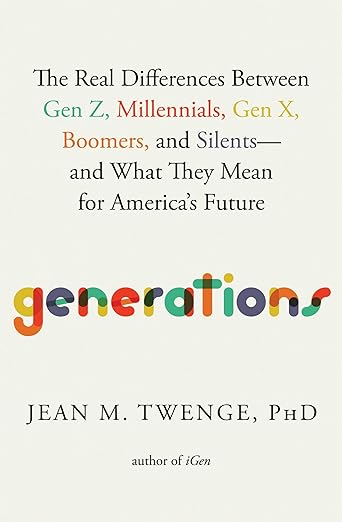
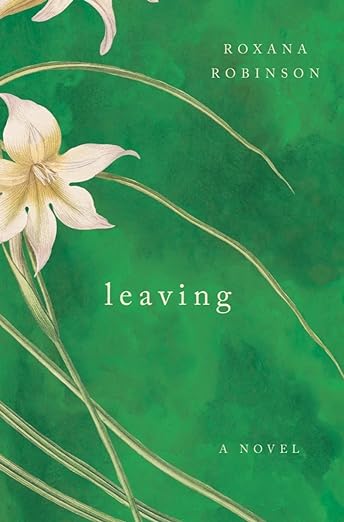
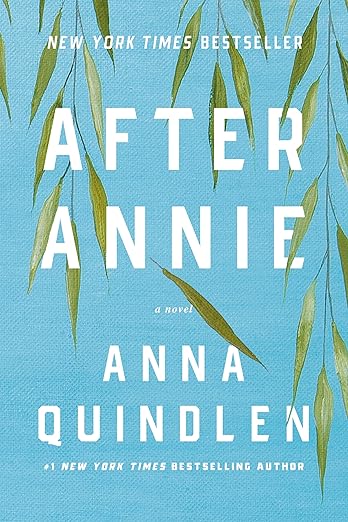
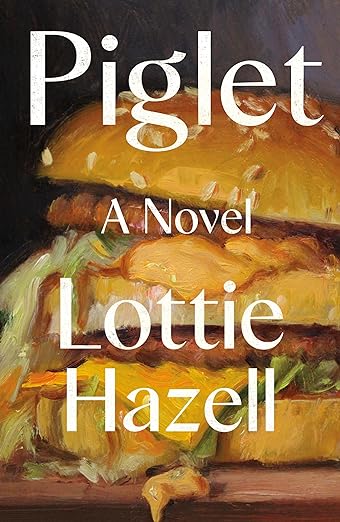

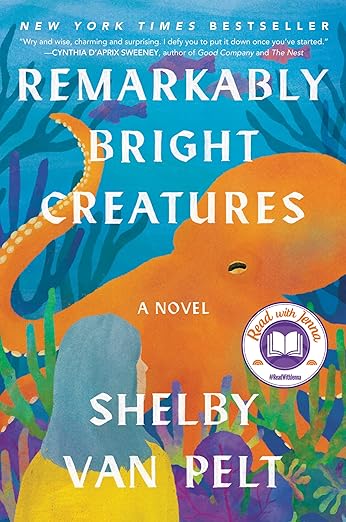
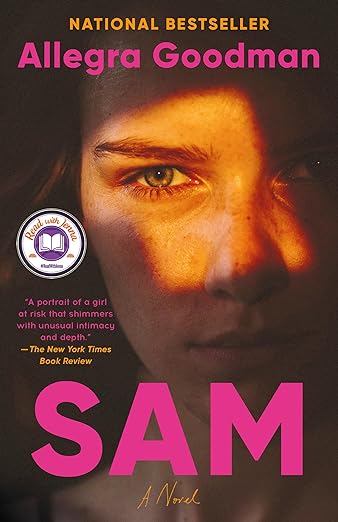

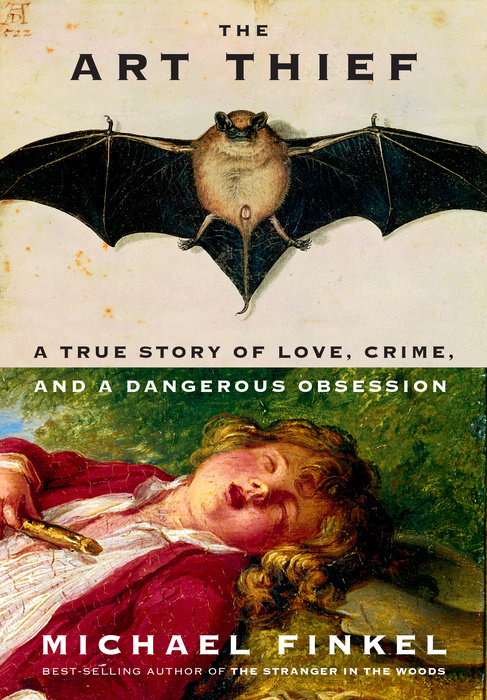

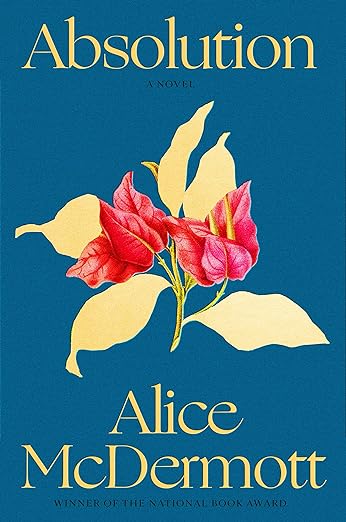
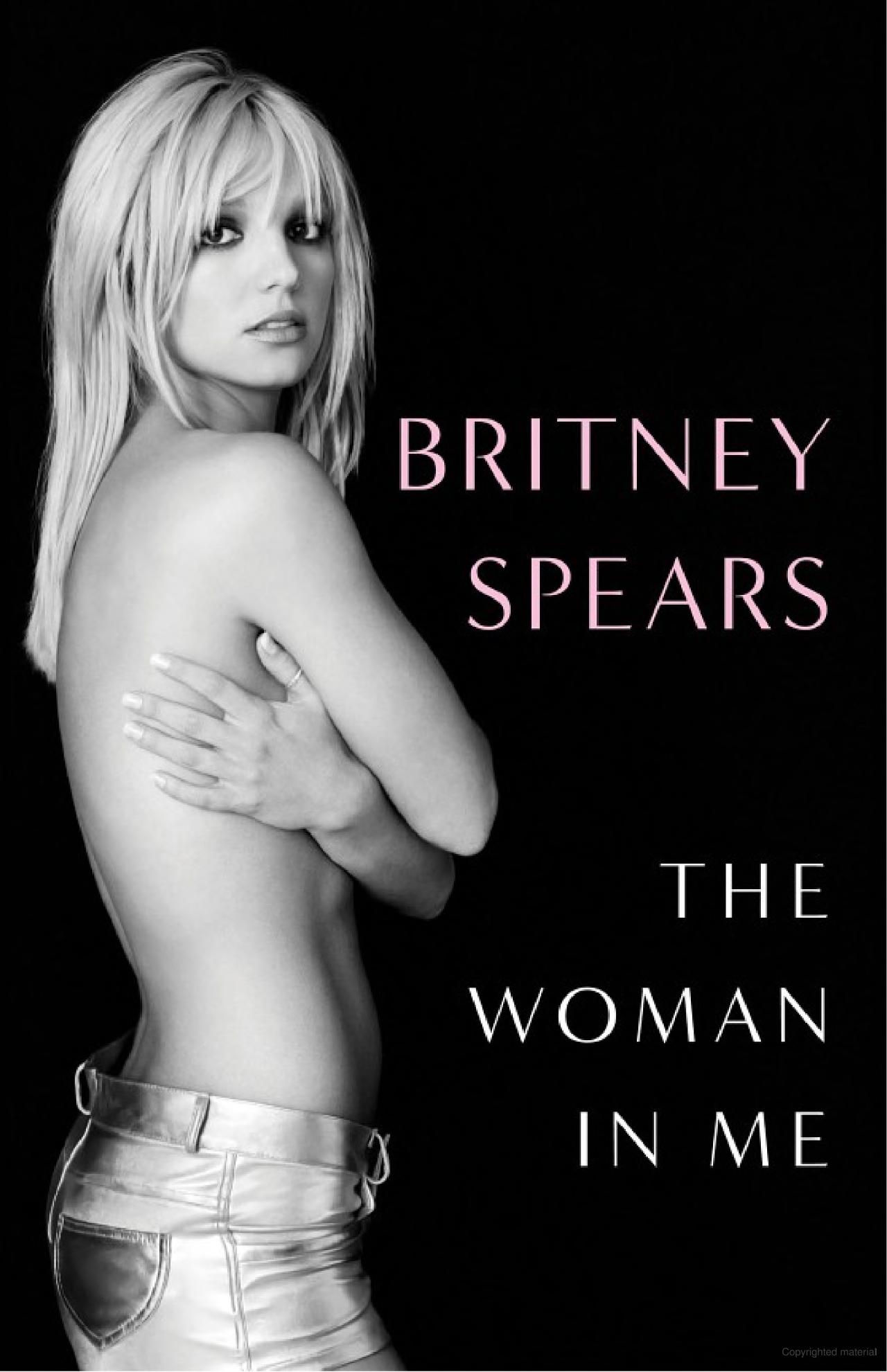
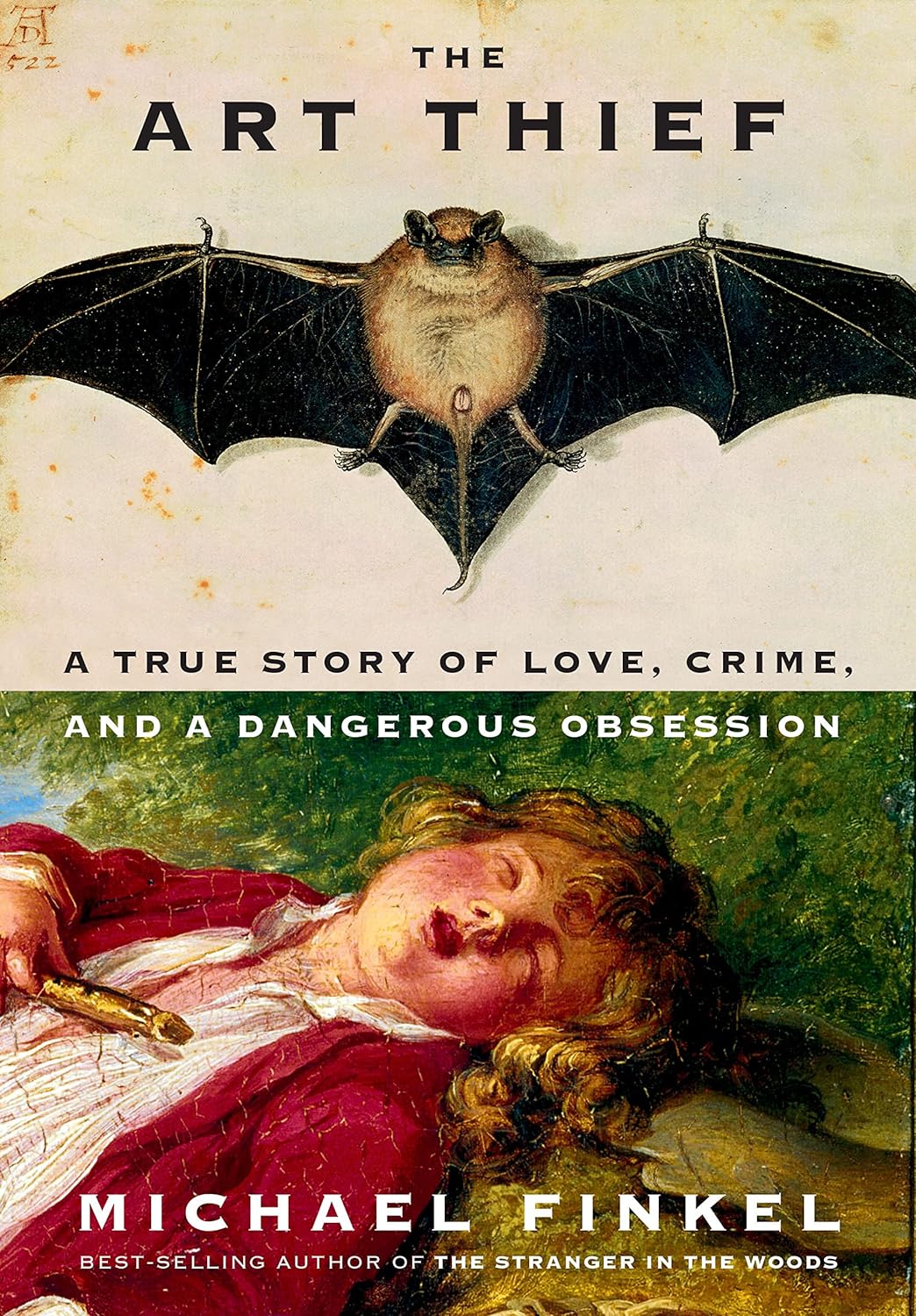
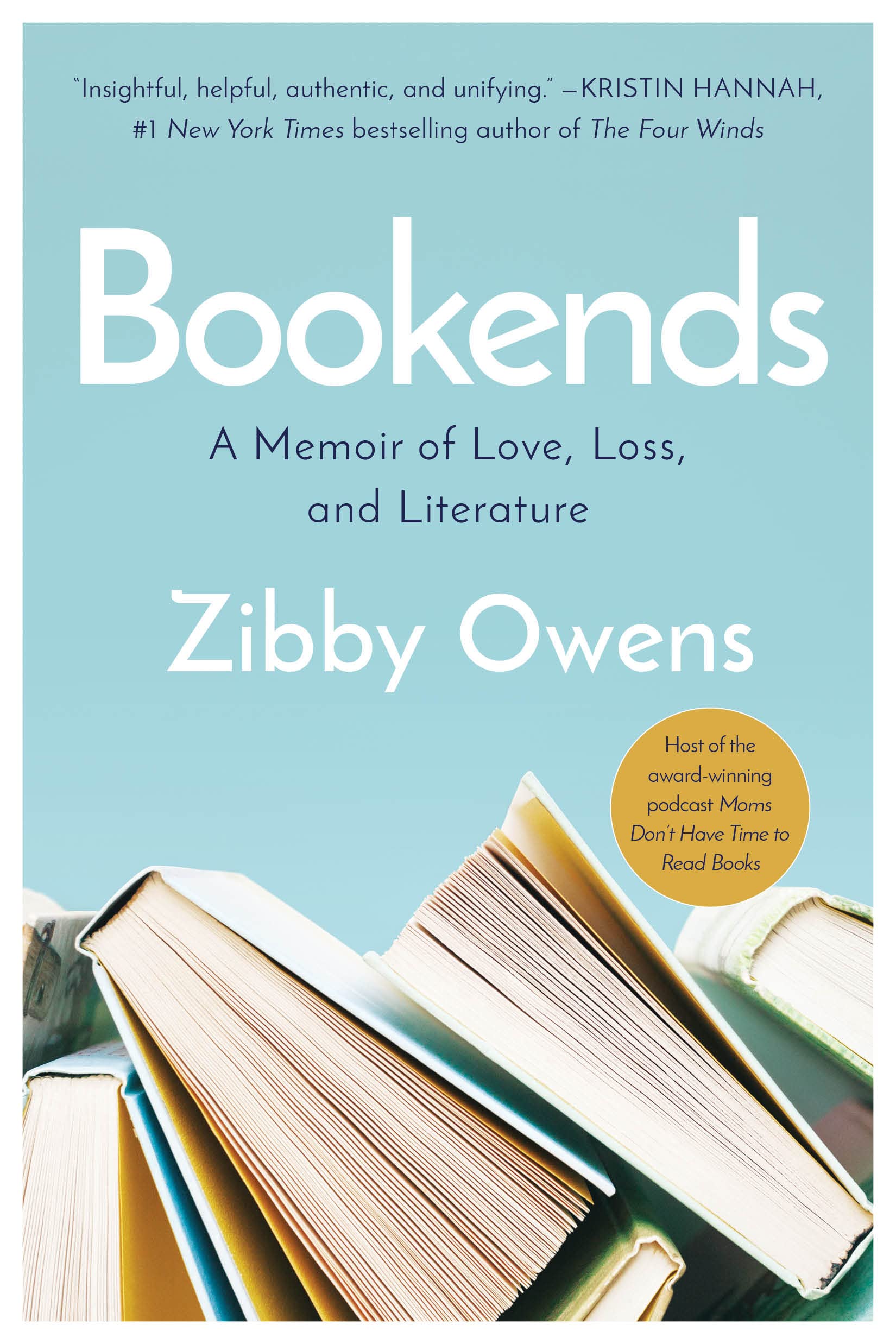
About Me
I have been blogging about books here at Everyday I Write the Book since 2006. I love to read, and I love to talk about books and what other people are reading.